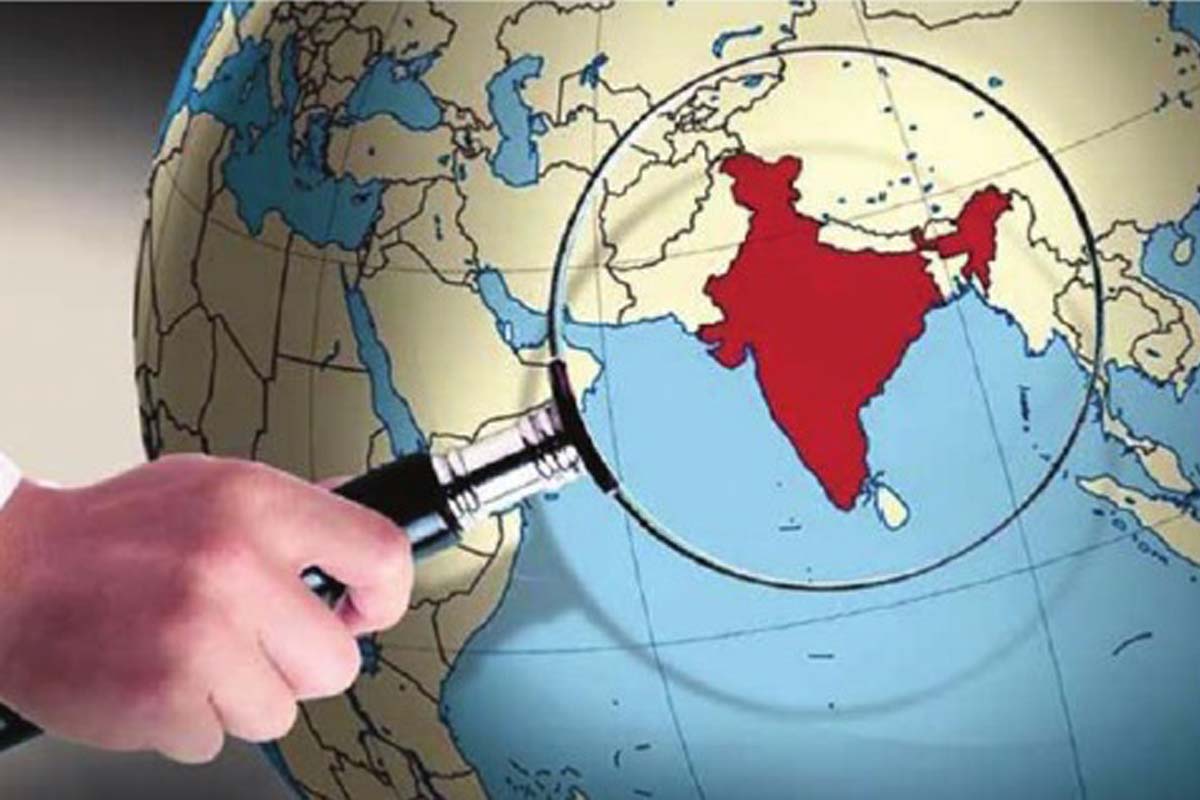Joseph S. Nye
Professor, Harvard University
Dec 14, 2023
As the 2024 presidential election approaches, three broad camps are visible in America’s debate over how the United States should relate to the rest of the world: the liberal internationalists who have dominated since World War II; the retrenchers who want to pull back from some alliances and institutions; and the America Firsters who take a narrow, sometimes isolationist, view of America’s role in the world.
Nov 03, 2023
The term “Global South” is in constant use nowadays. For example, some commentators warn that Israel’s incursion into Gaza is “alienating the Global South,” and we often hear that the “Global South” wants a ceasefire in Ukraine. But what do people mean when they use it?
Sep 08, 2023
The first debate between the Republican Party’s candidates for next year’s US presidential election revealed major schisms over foreign policy. While former US Vice President Mike Pence and former US Ambassador to the United Nations Nikki Haley defended America’s support for Ukraine in Russia’s war of aggression, Florida Governor Ron DeSantis and businessman Vivek Ramaswamy expressed skepticism. Former President Donald Trump – the unquestioned front-runner – skipped the event, but he, too, has objected to US involvement in that conflict.

Jul 05, 2023
When Indian Prime Minister Narendra Modi met with US President Joe Biden in the White House this month, many observers saw the makings of an evolving alliance a
May 03, 2023
We live in a world where geopolitical stability relies largely on deterrence. But how can we prove that deterrence works?
Dec 04, 2022
Could the United States and China go to war over Taiwan? China regards the island 90 miles (145 kilometers) off its coast as a renegade province, and President Xi Jinping raised the issue at the recent 20th Congress of the Communist Party of China (CPC). Though Xi said he prefers reunification by peaceful means, his objective was clear, and he did not rule out the use of force. Meanwhile, in Taiwan, the share of the population identifying as solely Taiwanese continues to exceed the share that identifies as both Chinese and Taiwanese.
Oct 12, 2022
Russia’s war in Ukraine is the most disruptive conflict that Europe has seen since 1945. While many in the West see a war of choice by Russian President Vladimir Putin, he says that NATO’s 2008 decision in favor of eventual Ukrainian membership brought an existential threat to Russia’s borders, and still others trace the conflict back to the Cold War’s end and the failure of the West to support Russia adequately after the collapse of the Soviet Union. How can we discern the origins of a war that may last for years?
Sep 13, 2022
Russia’s invasion of Ukraine and nuclear saber rattling against the West have revived a debate about nuclear weapons. Last year, when a United Nations treaty to ban such weapons outright entered into force, none of the world’s nine nuclear-weapons states was among the 86 signatories. How can these states justify possessing weapons that put all of humanity at risk?
Aug 08, 2022
At this year’s Aspen Security Forum (which I co-chair) in July, China’s ambassador to the United States, Qin Gang, appealed for better understanding of his country. But there was considerable debate among the assembled experts about China’s objectives. President Xi Jinping has announced China’s intention to outpace America in critical technologies such as artificial intelligence and synthetic biology by 2030, and many analysts predict that China’s GDP (measured at market exchange rates) will surpass that of the US early in the next decade. Is China seeking to displace the US as the world’s leading power by the centenary of communist rule in 2049?
Jun 17, 2022
When Russian President Vladimir Putin ordered his invasion of Ukraine on February 24, he envisaged a quick seizure of Kyiv and a change of government analogous to Soviet interventions in Budapest in 1956 and Prague in 1968. But it wasn’t to be. The war is still raging, and no one knows when or how it will end.
